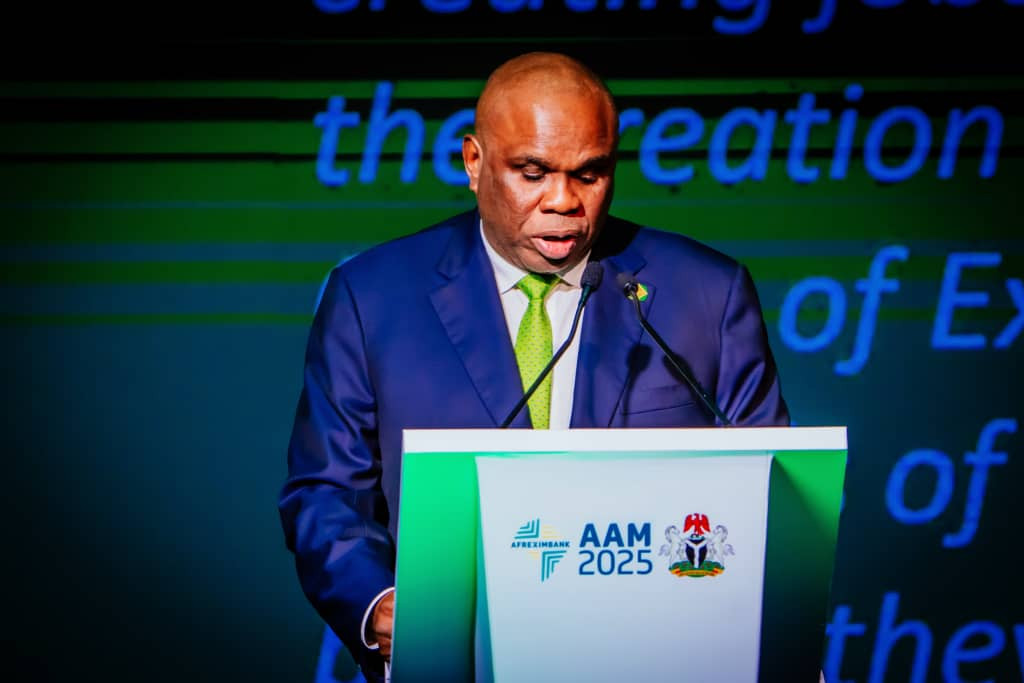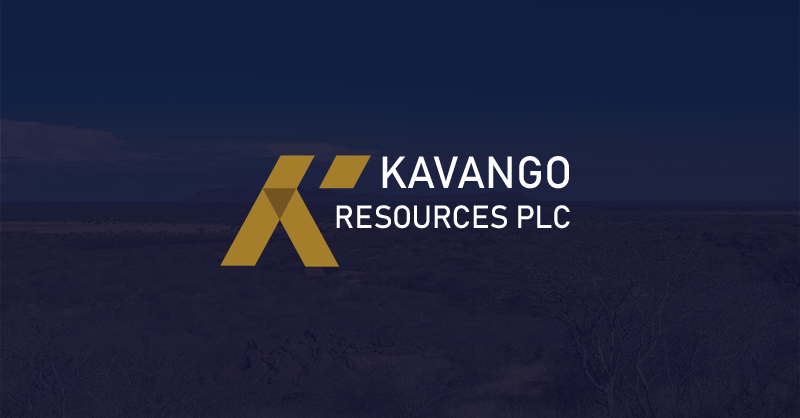
MTHANDAZO NYONI RESEARCHERS at Inter-Horizon Securities (IH) have projected that total income at the Zimbabwe Stock Exchange (ZSE)-listed banking group, NMBZ Holdings will rise by 119% to ZW$15,2 billion in the financial year to December 31, 2022, weighted towards non-funded income.
For the year ended December 31, 2021, the group recorded a 160% growth in revenue to $6,94 billion.
In an analysis of the bank’s financial results for the year ended December 31, 2021, IH also projected that net interest margins for the period would fall by 11% from 18% achieved last year.
The report said NMBZ had been moving away from the branch network operating model towards automation efficiencies and “we believe fees and commission income in the short term will continue to drive total income underpinned by inflation-linked revisions in pricing structures.”
“On this basis, we forecast a total income of $15,2 billion weighted towards non-funded income whilst net interest margins for the period are expected to moderate to circa 11% from 18% in the financial year 2021. Revisions in staff costs and administrative expenses will remain in our view the major drivers for operating expenditure,” it said.
During the first quarter of this year, the bank achieved a ZW$922 million inflation adjusted operating profit.
“We foresee overall cost to income ratio further increasing from 41% to 43% in the financial year 2022. Revaluations in land and buildings in our view will again spike with the ongoing devaluations in the official rate. Despite the aforementioned challenges in the operating environment, we anticipate the group to remain in a profitable position to the financial year 2022 with net income of $6,13 billion,” IH said.
It said there has been an accelerated deterioration of the Zimbabwe dollar so far this year emanating from a deepening economic crisis.
- Chamisa under fire over US$120K donation
- Mavhunga puts DeMbare into Chibuku quarterfinals
- Pension funds bet on Cabora Bassa oilfields
- Councils defy govt fire tender directive
Keep Reading
Month-on-month inflation, which had come off to an average of below 5% in 2021, surged to 15% as of April 2022, prompting authorities to implement further contractionary measures to arrest pressures on the currency.
Subsequent measures which were implemented include an initial hike in interest rates, reduction in quarterly reserve money growth and ultimately the suspension of all lending altogether, which was reversed by the Reserve Bank of Zimbabwe early this week.
“These pronunciations, in our view if sustained, will have considerable impact on the banking sector at large in particular the funded income segments. Deposit growth in our view will also likely start slowing down towards the end of first half of 2022 as authorities move to neutralise money supply growth, affecting the earnings base,” the researchers said.
For the year ended December 31, 2021, the bank continued its aggressive drive to leverage on digitalisation of its services with fees and commission income increasing 259% to ZW$2,93 billion.











